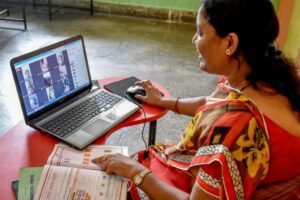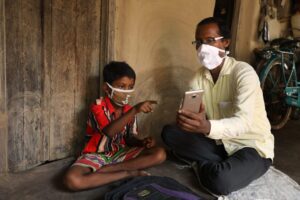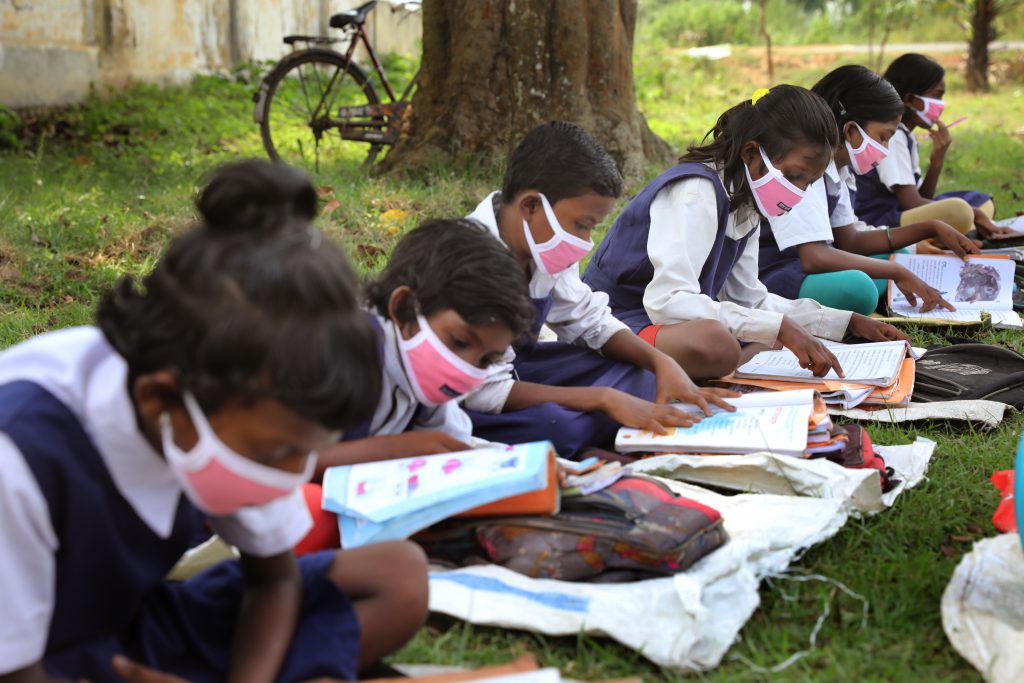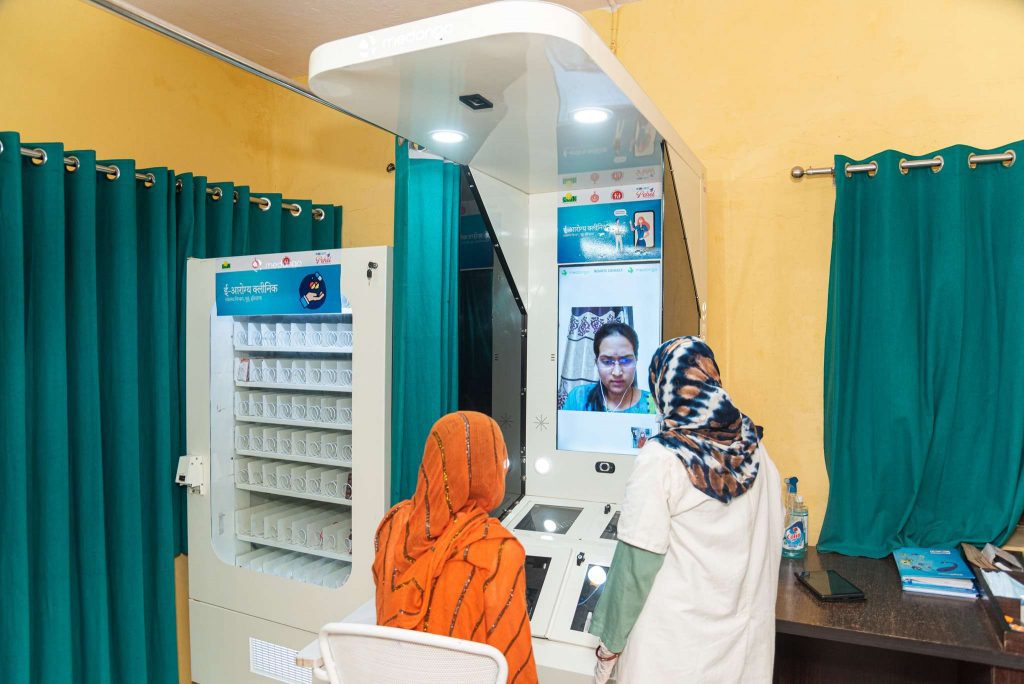As the second wave of Covid-19 grips the country, we witness a more intense and rapid spike in the active cases per day. This has led to new threats being posed to human life and education. Amid educational institutions being shut down, how is the Covid-19 pandemic affecting student learning?
The COVID-19 pandemic has impacted almost every sector across the globe. It has affected the education system in India and across the globe. Educational institutes, including schools, colleges, and universities, have been shut owing to the nationwide lockdown implemented by the government. Classes have been suspended and all examinations and entrance tests have been postponed indefinitely.
Thus, the lockdown has hampered the schedules of almost every student. Undoubtedly, this is a crucial time for the education system as several entrance tests and competitive examinations are held during this period.
A new way forward
Classes, examinations, and internships of all education institutions have been cancelled. Instead, they are using online modes of learning and teaching. Initially, there was confusion among teachers and students with regard to coping with the situation. However, the lockdown has taught us many lessons on managing the pandemic.

This lockdown has given teachers and students a way to continue education online. The teachers deliver their lectures through various video conferencing apps like Zoom, Google Meet, Facebook live, Skype etc.
The perception of schools has changed since the lockdown. With schools being closed for months, e-learning has taken centre stage all over the world. Digital learning has become the new normal for schools and other institutes. The pandemic has accelerated the adoption of online classes. It has given a chance to students to develop skills through online learning in a more productive and efficient way. There are many benefits of digital learning as it has no physical boundaries and students get to learn new things while staying in their comfort zone.
Government interventions
Moreover, there have been many digital initiatives from the Ministry of Human Resource Development (MHRD) for secondary as well as higher education during this pandemic.
The central government has launched online platforms and applications to aid learning during the COVID-19 pandemic. For instance:
- Diksha
- E-Pathshala
- Swayam
Does the pandemic affect student learning positively?
Despite the hindrances caused by the global pandemic, there are many things that have happened in favour of the educational system.

The Indian education system needs to transform from a traditional approach and adopt digital methods. The pandemic has accelerated the demand for digital education and encouraged students and teachers to learn and work together and gather knowledge.
Due to e-learning, students are taking online notes and preparing digitalized copies of their work, which saves paper and benefits the environment.
There has also been a collaborative effort from both teachers and students to work in this environment. Furthermore, students can easily connect with teachers around the world through online meetings and teleconferencing. Hence, the pandemic is affecting student learning in positive ways as well.
School closures affecting children’s nutrition
On the other hand, there are some negative impacts of this too. For instance, school meals are designed to give children the nutrition they need, and some families rely on free school meals for their children. With the coronavirus-triggered school closures, children are missing out on not just education but potentially on nutritious and affordable lunches too.

The World Food Programme estimated that around three hundred million primary school children who depend on free school lunches are missing out on them because of school closures.
If children aren’t attending school and receiving these free meals, the need to buy more food for weekday lunches can place financial pressure on parents. Parents may also find it difficult to come up with lunch ideas that are affordable and nutritious.
Missing education can impact children’s mental health
For many children, the current events are stressful and upsetting. Their usual routine has been disrupted, and there’s a lot of uncertainty surrounding when they will be able to return to school. This uncertainty can leave children feeling worried and insecure.
Children are also missing out on their social life as the lockdown is a drastic change from seeing their friends and classmates almost every day. This can affect children in different ways — they may feel lonely, unmotivated, stressed, or depressed.
It may help to talk to children about what’s going in the world, explain the reasons for the lockdown, and the importance of staying safe. Listening to and acknowledging their thoughts, feelings, and worries can also help children feel better about the situation.
Parents should also encourage their children to stay in touch with their friends, other family members, and classmates using technology. There are video calling applications, messaging platforms, and online games that children can play together.
Conclusion
Covid expert committees at both central and state levels have always given the least priority to reopening schools during the pandemic. This is primarily because of the challenges in ensuring Covid-appropriate norms among children.
With the emergence of the second wave, the education system needs to be prepared to witness a repeat of what was seen in the past year until all or a majority of the population is vaccinated. The pandemic will be affecting student learning for a while.










